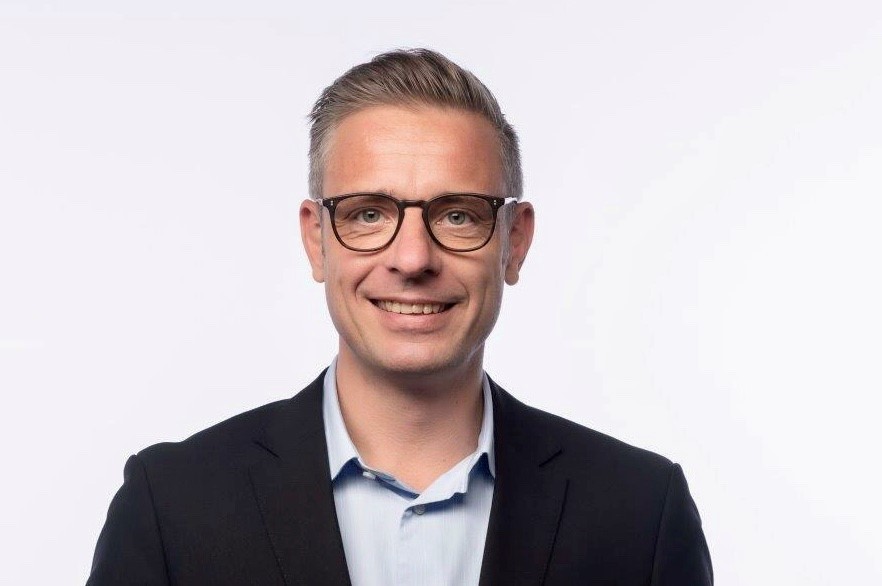
QM.smart with the AWO
Challenge im Fokus
The 1250 employees of AWO Sachsen-West come to work every day to enable people with support needs, to lead a dignified and largely self-determined life. Today, care and nursing work belongs to a field that has set itself highly professional standards. A functional quality management system (QM system) is required in order to meet their own demands on their work and the requirements of auditors from certification companies.
A new QM system was needed
The initial situation in November 2022
On the one hand, there was a discrepancy between the quality guidelines and the processes that were written down and that were actually practiced culturally. On the other hand, there was also the challenge of reducing knowledge strongholds and making the new standards transparent for everyone. The linking of individual elements with each other was also the focus of the desired new approach.
A new QM system was needed
It was a good thing that Alexander Lohse, Managing Director, and Dr. Stefan Fuchs had already crossed paths in the past. Alexander Lohse's decision to fundamentally improve quality management was the starting signal for their joint journey. Just two months after the start of the project, the existing QM system was audited - with a result that was devastating for many employees. From now on, it was clear that the change process had to pick up speed so that the all-important certificate could be obtained in the next round in just 12 months and the organization would not have to worry about six-figure losses in turnover and other disadvantages.
"Being able to talk openly about mistakes and celebrate them was a big step for us. That wasn't a culture at our company before. I don't want to say that this is already 100% anchored in the culture, but we mustn't forget that this company has been around for many decades."
The race against time has begun
With a mix of systemic interventions, our colleague Dr. Stefan Fuchs succeeded in turning this devastating audit into an enormous energy for change at AWO Sachsen-West. On the one hand, this involved calling out and making clear the internal crisis situation and also reflecting with all senior managers on the need for action in QM. Agile two-month sprints were used to bring the process into a structure that was manageable for everyone. Each sprint had two to three clear objectives. At the beginning of each sprint, a large group event with 20-30 participants was scheduled. In a regular meeting, the project group exchanged information on a weekly basis and constantly adjusted its methodology and motivation with retrospectives and reflection. Once the process management methodology had been explained step by step at key points, our colleague Stefan Fuchs, as an external organizational developer, drew up guidelines for the resulting process documentation.
"Thanks to the set of rules and the clear establishment of this process, our employees realized: It works! As a result, the mood has also become increasingly positive."
Many hands, quick end
The group of participants was then gradually expanded to around 100 people. These 100 people took on the task of modelling processes in BPMN 2.0 for the entire organization. Hats off! We really trusted them to do something and the 100 people proved that they can quickly adapt to new tools and ways of thinking. Everyone involved used camunda as a tool for modeling and in some cases created processes entirely on their own. Stefan Fuchs ensured the quality of all processes through process consultations and by checking the grammar. The result was a respectable process map on 3 levels with approx. 300 processes. At the same time, the previously paper-heavy QM was completely digitalized by introducing DMS software.



A new QM system was needed
September 2023 - certification is confirmed and the QM is highly praised
The development was approaching a critical moment. The audit was due in September 2023. We worked hard over the months. Would all that had been achieved with so much effort and energy stand up to the strict scrutiny of the auditors? Then the news came back with relieve: the certification remains in place. The auditors were full of praise and amazed at the high level of the QM system, the participation rate and the solid anchoring in the entire organization. If you ask Dr. Stefan Fuchs how he managed to manage such a project as a one-person team of consultants, we have to dig a little deeper at one point or another to diminish Stefan Fuchs' down-to-earth attitude and modesty. But we think you should know what great things he has achieved with AWO. Here are three global approaches throughout the process.
1. Systemic interventions for
- Project work: agile and goal-oriented approach
- Cultural change: away from the perfection pattern and towards thinking in versions
- Assumption of responsibility: introduction of the role concept
2. Explanatory communication in psychoeducation, process thinking, process documentation and use of standardized terms
3. Dealing with resistance through individual discussions or objection integration
Cheers to you, dear AWO Sachsen-West! Now you know as a whole, are capable of achieving really great things and that you have this treasure in your wealth of experience for all the topics that will follow.